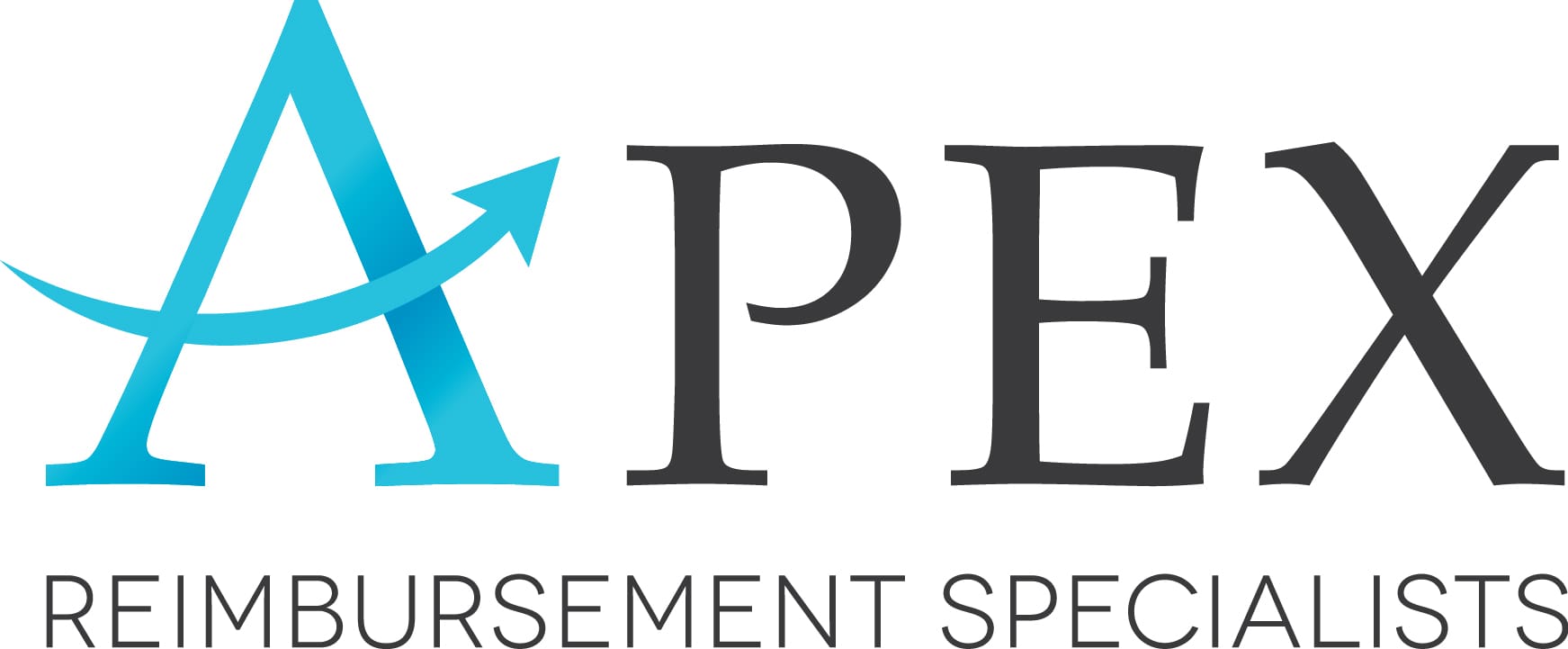Guest Post, Written by: Michael White
As a CPA focused on the dental profession, I am often asked, “What is the most important thing to consider when scaling a DSO?” When I hear questions of this nature, practice leaders often seem to be thinking about matters like branding, locations, and number of partners. While these are all valid discussion points, these topics are not what first come to mind.
When it comes to DSO scalability, mastering the fundamentals of accounting and ensuring accuracy in reporting are essential. Oftentimes, business owners do not view accounting as important and do not take the time to verify the accuracy of something as simple as recording transactions. Mastering accounting fundamentals, however, can help you save on taxes, run your business better, and can possibly increase the value of your organization exponentially. Poor accounting can cost millions in overall valuation and one’s ability to borrow funds. Furthermore, these items could be misleading the performance of your practices and your ability to borrow funds as you continue to expand.
When you have an initial evaluation completed on your financial statements by a CPA, you should start with the accounting records to understand:
- What did the organization spend money on this past year and how was it accounted for?
- Were all expenses accounted for, even if they were paid for personally?
- Were expenses all categorized appropriately within the respective accounting file?
These are just some of the questions asked to understand the story that an organization’s financials tell, as it’s this story that’s viewed by partners, bankers, and lawyers (among others) to understand the health and growth potential of an organization.
Some of the most common mistakes made, in addition to poor transactional recording include:
- Not structuring the Chart of Accounts in an EBITDA format;
- A management fee that does not follow the established legal agreements, whereby fees are incorrectly calculated;
- A Balance Sheet that does not agree with prior tax returns, and does not show posted tax adjustments;
- Intercompany loans not tied to related entities; this creates potential taxable events if the loan was not recorded properly; and
- Excessive detail in the Income Statement and Balance Sheet.
Each of these errors can have important implications for an organization’s financial health and growth potential. Moreover, it’s best to catch any of these matters before a scaled DSO structure compounds any issues associated with the above mistakes.
As a DSO it is imperative to seek out advisors, that have been working in the DSO and organized multi-location dental space. We do find these issues to be patterns as we complete our evaluations. As you seek to scale, we recommend that you meet frequently with your professional team to go over your financials and ensure these items are addressed in each meeting. If your professional team does not specialize in this space, we would welcome the opportunity to complete a free analysis to walk you through areas of opportunity.
**
Michael White is Partner at MWA Michael White & Associates

